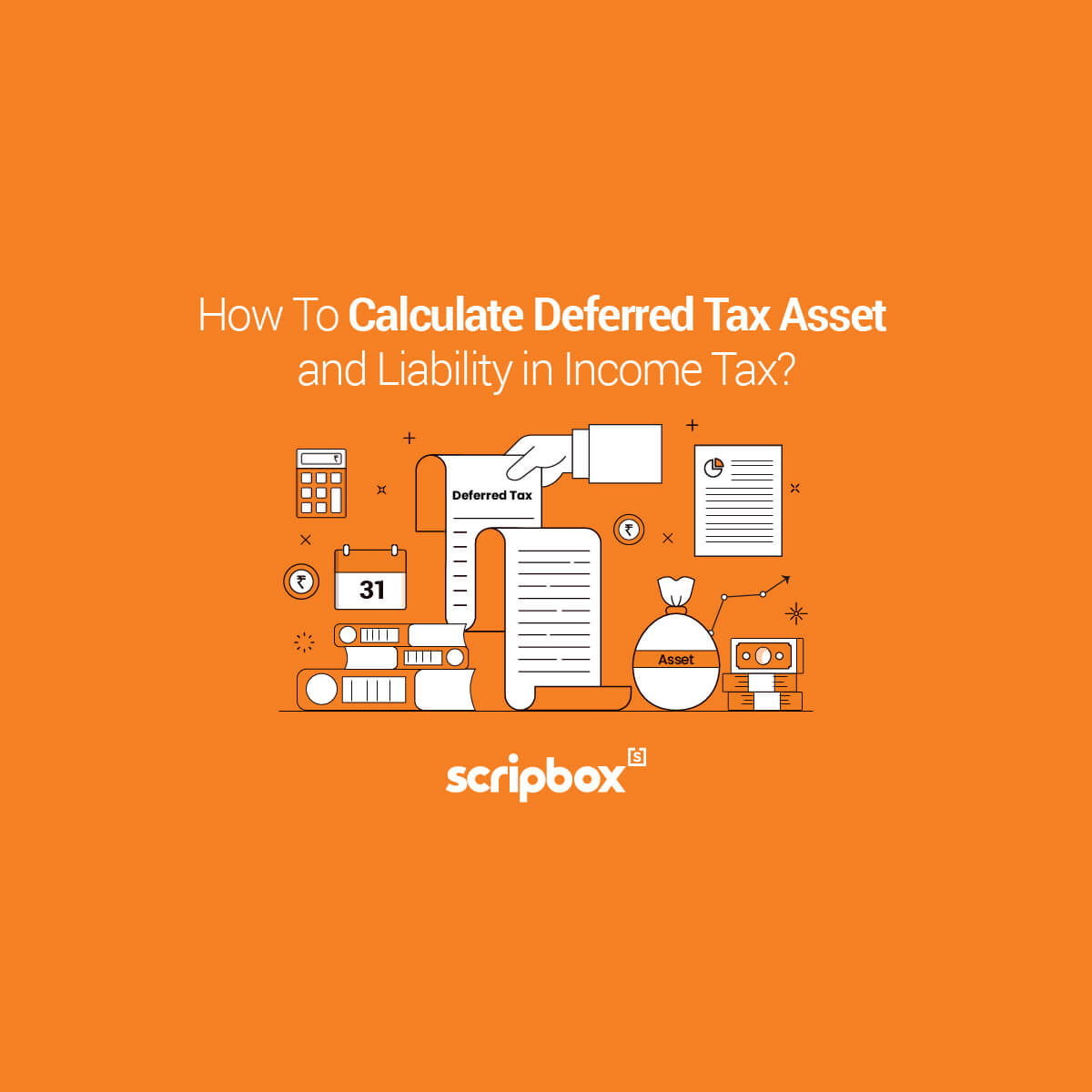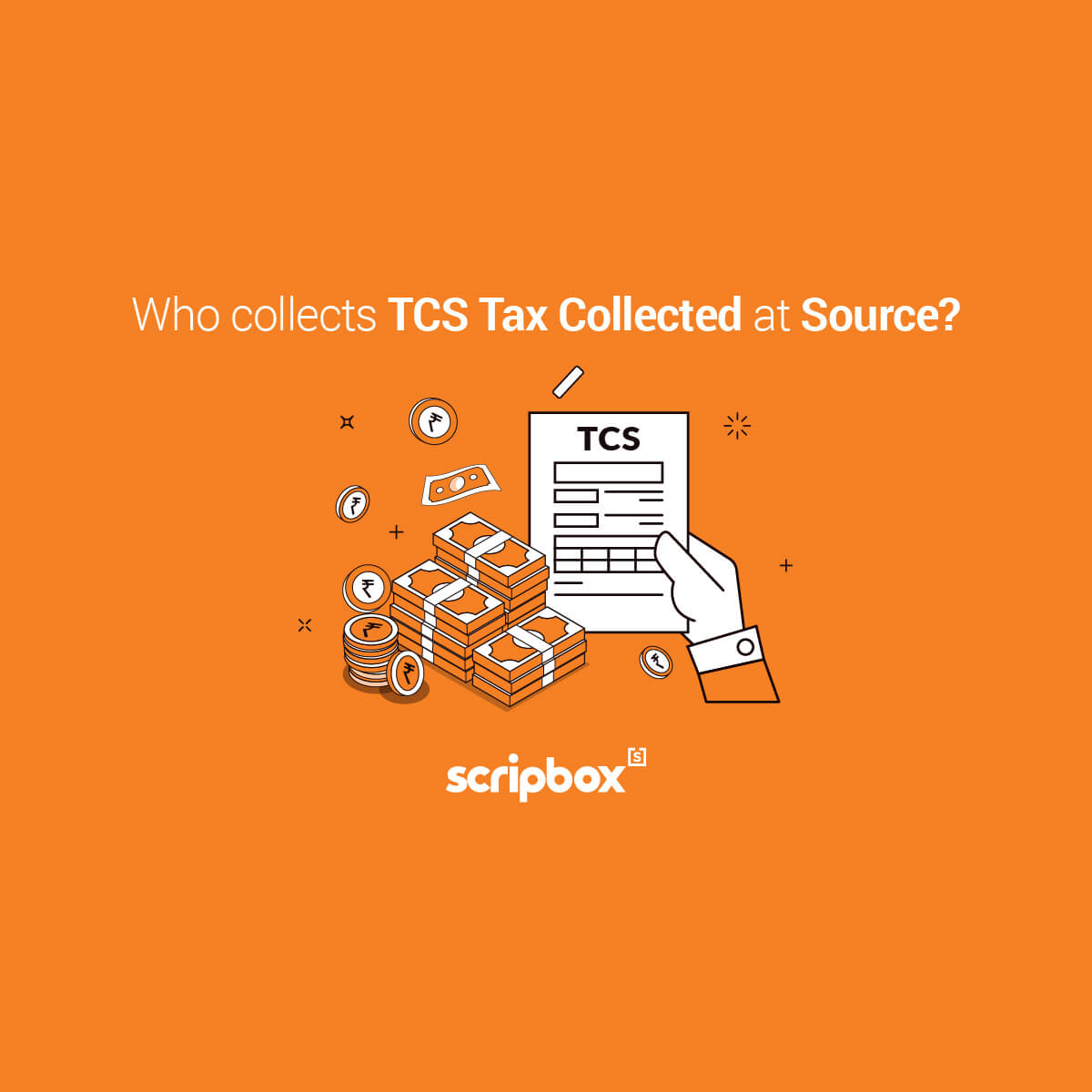What is Dividend Distribution Tax?
A dividend is nothing but a distribution of a portion of a company’s earnings. A dividend distributions tax is nothing but a tax levied on the profits distributed by Indian Companies to its investors or shareholders. As per the provisions of the income tax act, the tax is levied on the company before distributing dividends.
Let’s understand this with the help of an example. Suppose A limited declared a dividend of Rs 10,00,000 for the last financial year. Below is how A Limited will be paying the dividend distribution tax:
Firstly, determine the grossed up dividend as shown below:
Rs 10,00,000 + [100/85*100] * Rs10,00,000 = Rs 11,76,500
Lastly, Calculate the dividend distribution tax on the amount calculated as per step 1 as below:
Rs 11,76,500 * 15% = Rs 1,76,475
Remember that the above calculation rate of 17.65% does not include surcharge and cess.
Amendment made by Finance Act 2020- Abolition of DDT for Indian Companies
Up to Assessment Year 2020-21, if a shareholder gets a dividend from a domestic company, it is exempt in the hands of the shareholder. In this case, Companies were required to pay dividend distribution tax. However, the Finance Act 2020 has introduced abolition of DDT for the companies. Now the dividends are taxed in the hands of the investors.
The dividend income is taxed in the hands of the investors only if dividend is distributed on or after 01-04-2020. In this case, the entire amount will be taxable in the hands of the investors and they will be liable to pay tax on dividends. The companies will not be required to pay DDT.
Who is required to pay dividend distribution tax?
A domestic company is liable to pay dividend distributions tax @15% on the gross amount of dividend as per section 115O. In the case of deemed dividends u/s 2(22)(e) tax is payable @30%. Here, the dividend is exempt in the hands of the shareholder.
Dividend Distribution Tax Rate
The effective rate of dividend distribution tax is 17.65% on the amount of dividends. As per section 115O, the applicable tax rate is 15%.
When is DDT applicable?
As per the provisions of the income tax act, DDT has to be paid within 14 days of the earliest following events:
- Declaration of dividend
- Distributions
- Payment of dividend
If the dividend is not paid within the due date, interest is applicable @1% for every month or part thereof on the amount of such tax. The interest will be paid for the period beginning immediately after the last date on which such tax was payable and the actual date of payment.
The companies are not required to pay DDT on any dividends distributed on or after 01-04-2020. Below are a few changes that need to be kept in mind:
- The entire dividend is now taxable in the hands of the shareholders.
- The company deducts tax under section 194 @10% is the dividend amount is above Rs. 5,000.
- Exemption under section 10(34) stands withdrawn for AY 2021-22.
- Provisions of section 115BBD will not be applicable.
Check Out Section 10 of Income Tax Act
Dividend Distribution tax in mutual funds
Dividend distribution tax is applicable on mutual funds as below:
- Debt-oriented funds, DDT is @25% (29.12% including surcharge and cess)
- Equity-oriented funds, DDT is @10% (11.64% including surcharge and cess)
Amendment as per Finance Act 2020
Post the Finance Act 2020 amendment, the dividend will now be taxable in the hands of the unitholder. The income is taxable as per the slab rate applicable to them. This will be the case wherein the unitholder has opted for the dividend plan.
What is the limit for dividends?
There is no set limit for paying dividends. If the company earning profits wants to distribute it to its shareholders, it distributes without any limits.
Is dividend income taxable income?
| Particulars | Taxability in the hands of the shareholder |
| When a domestic company distributes dividend[including deemed dividend u/s 2(22)(a) to 2(22)(d) | Tax exemption in the hands of the shareholder for dividend received up to Rs. 10 lakh. Dividend above Rs. 10 lakh is taxable @10% |
| Deemed dividend u/s 2(22)(e) | Tax exemption in the hands of the shareholder for the dividend received |
Is TDS deducted on dividends?
Since the abolition of the dividend distribution tax, TDS is applicable at a rate of 5% for dividend income exceeding Rs. 5,000 in a financial year. Therefore, the company distributing the dividend will deduct the TDS on the dividends paid to the shareholders.
What are the two types of dividend?
Dividends are the proportion of profits. A company pays it to the shareholders depending on the company’s performance. The two types of dividend are interim and final dividend. The interim dividend is paid during the year while the final dividend is paid only when it’s approved in the annual general meeting.
What is the difference between the interim and final dividend?
| Interim Dividend | Final Dividend |
| Such a dividend is declared and paid by the company between two annual general meetings of a company | Final dividend is declared and paid after the annual general meeting of the company. |
| The dividend is paid before the finalization of accounts of a year | The dividend is paid after the finalization of accounts of a year. |
| The rate of dividend is always less than the rate of final dividend. | Rate of final dividend is more than the interim dividend |
Should you reinvest your dividends?
Under the dividend reinvestment option, the dividends are not passed on to the investors. Instead, it is reinvested towards the investment in the scheme which results in extra units for the investor.
The net asset value is adjusted according to the dividend amount. The investors can consider reinvesting the dividend if their investment horizon is short-term and the dividend is regular.
What is the difference between dividend and capital gain distributions?
The dividend is paid out of the profits a company earns to its investors. The investor still holds the investment. While capital gains arise when a capital asset is sold after a period of time by the investors. Subsequently, capital gain tax is levied on the capital gains as per the type of asset and the holding period of the asset.
These both are very different from each other. You might earn a dividend on an investment in shares and at a later point earn capital gain while selling the shares. Moreover, these 2 events are not related to each other
Yes, the dividend does affect the NAV in case of a dividend reinvestment plan in line with the dividend declared. The mutual fund sells the shares held in the scheme and distribute the dividends from the profits earned through that sale. This leads to a reduction in the NAV as the mutual fund is withdrawing the money from the fund and distributing it to the unit holders.
Are Dividends Tax-Free?
No, the dividend received on shares or mutual funds from an India Company received on or after 1st April 2020 is taxable in the hands of the investor. TDS at a rate of 10% is applicable in such dividend income. Whereas the dividend received by a foreign company is taxable in the hands of the investor under ‘Income From Other sources’. The tax rate will be the applicable slab rate to such investors as per the Income Tax Act, 1961.
Check Out Corporate Tax in India
Related Articles
- What is Dividend Distribution Tax?
- Confused if your portfolio is performing right enough to meet your goals?
- How long have you been investing in mutual funds?
- What is your current portfolio size?
- What is your approximate annual household income?
- Your profile does not qualify for a call with a Financial Expert.
- Amendment made by Finance Act 2020- Abolition of DDT for Indian Companies
- Who is required to pay dividend distribution tax?
- Dividend Distribution Tax Rate
- When is DDT applicable?
- Special provisions related to DDT
- Dividend Distribution tax in mutual funds
- What is the limit for dividends?
- Is dividend income taxable income?
- Is TDS deducted on dividends?
- What are the two types of dividend?
- What is the difference between the interim and final dividend?
- Should you reinvest your dividends?
- What is the difference between dividend and capital gain distributions?
- Does dividend affect NAV?
- Are Dividends Tax-Free?























Show comments